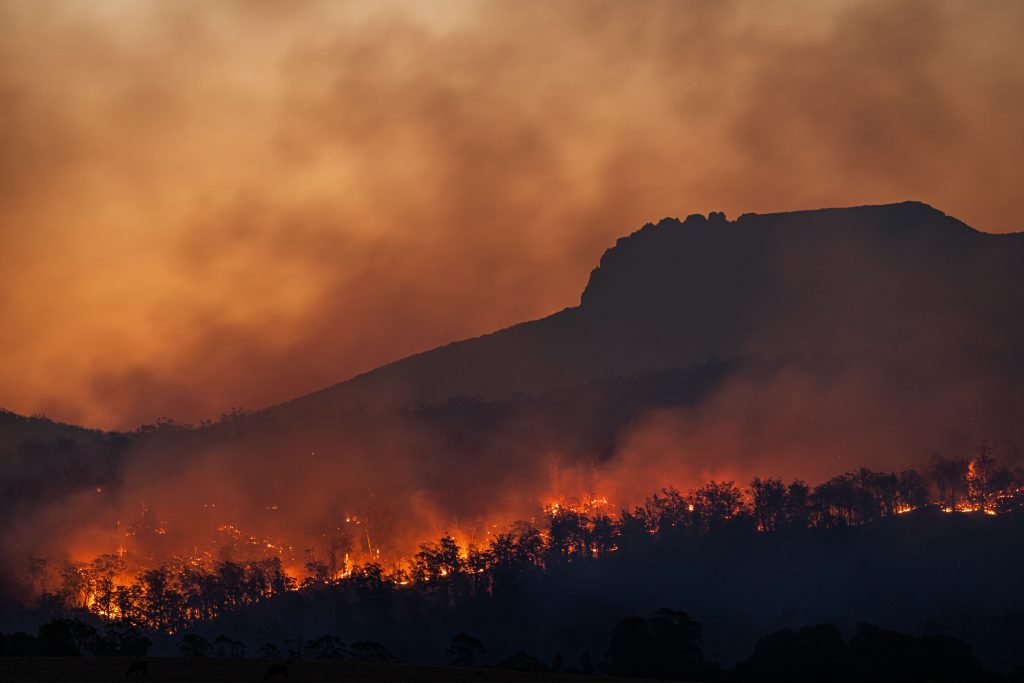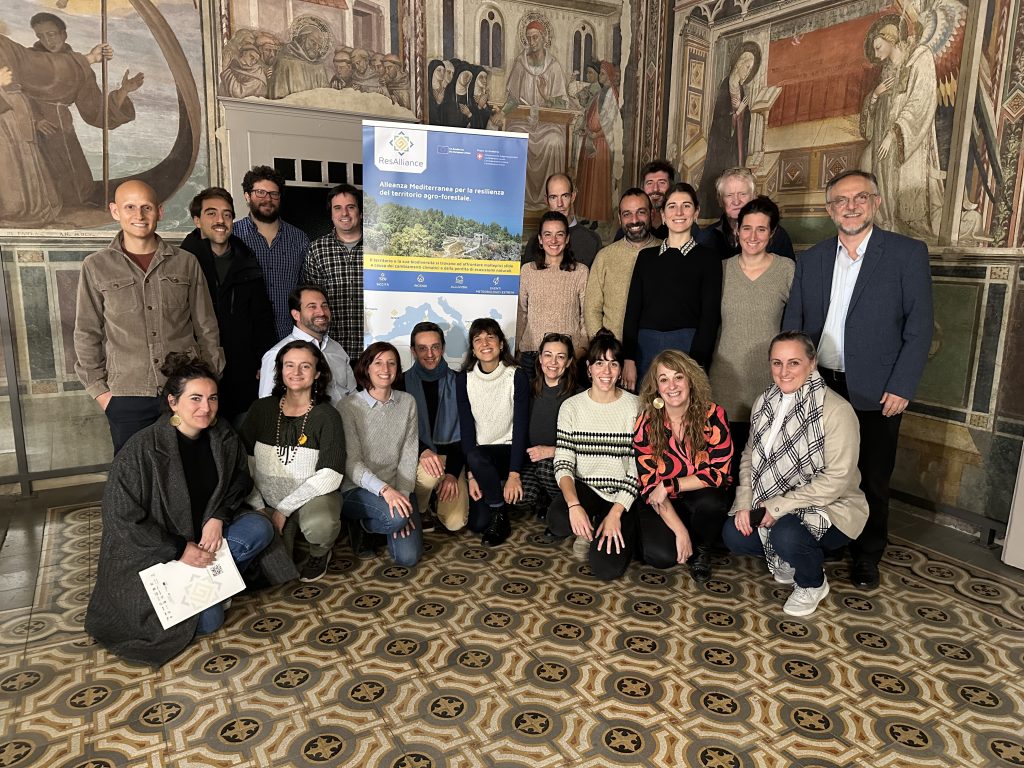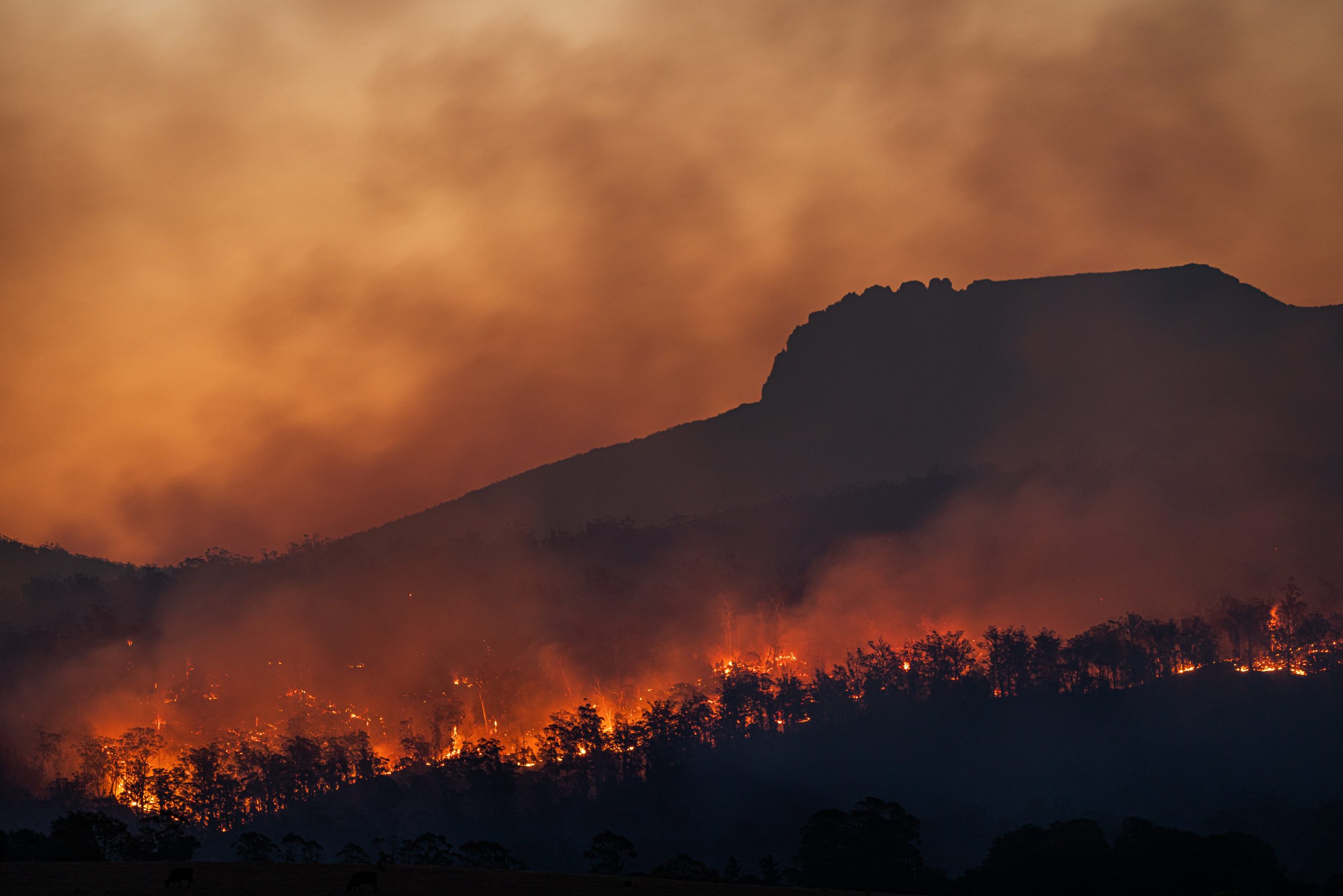Here we report an opinion article written by Dr. Gavriil Xanthopoulos (Research Director at the Greek Institute of Mediterranean Forest Ecosystems) in the newspaper (To VIMA – Sunday edition), focusing on the necessity to find different solutions for fighting wildfires than merely managing the emergency. A more holistic approach is needed, with focused and country-tailored solutions to mitigate the impact of climate change and make our territories more resilient. In Dr. Xanthopoulos’s opinion, the ResAlliance project could provide examples and inspiration in leading the way to landscape resilience.

Managing wildfire is demanding
From September 2023 until today, our country (Greece), mainly through the ministries of Climate Crisis and Environment, has been engaged in a struggle to avoid the repetition of the disasters of 2021 and 2023 from forest fires, under the stress of the effects of climate change on weather conditions. Improvement efforts are very significant in both forest firefighting and prevention, but the result is controversial. The costs are unimaginable, many of the new legislative initiatives have created important questions for citizens and most importantly the achievement of the goal, i.e. avoiding new disasters, is far from certain.
Safety first
Today, as we enter the main phase of the fire season, any criticism on what could be done better, is perhaps meaningless. Instead, we must all focus on the common goal of reducing the number of fires, protecting our property and the environment, and of course keeping everyone safe. Each new fire, especially under severe weather conditions, strains the forest firefighting mechanism and brings it closer to the “breaking point”, beyond which fires spread uncontrollably, for hours or days, causing great destruction. In addition to preventing fires, everyone needs to know what to do in the event of finding oneself in the path of a fire, in order to stay safe. Basic instructions are available on the website of the Ministry of Climate Crisis and two detailed videos and an online application on the website of the Institute of Mediterranean Forest Ecosystems.
The need for new solutions
Beyond these immediate thoughts and prompts, after the end of the fire season we should gradually upgrade our way of thinking and organizing to deal with the consequences of climate change, including forest fires. The logic of “more Civil Protection” will not provide
the long-term solution. The way we think has to change. Our aim must be to improve the resilience of the countryside, both in rural and forest areas, with smart approaches, simultaneously making use of proven, environmentally friendly practices, but also new smart ideas that can significantly reduce the effects of climate change.
The role of ResAlliance
Such good practices are discovered and highlighted by a European project entitled ResAlliance which organizes a “Knowledge Alliance for Landscape Resilience for Agriculture and Forestry in the Mediterranean Basin”. The project, which focuses on forest fires and drought, has organized a network of knowledge and sensitized people called LandNet, is conducting a series of activities highlighting good practices (LandLabs) in five Mediterranean regions, including the Peloponnese and has already described many of these practices in the form of “factsheets”. Farmers, foresters, forest owners, researchers, experts, private companies in the field of agri-food or environmental actions, organizations interested in innovative landscape resilience solutions, as well as cooperative groups and public services, involved in agriculture and forestry management in the Mediterranean region can participate.

The ResAlliance team with Dr. Xanthopoulos in the upper right corner.
